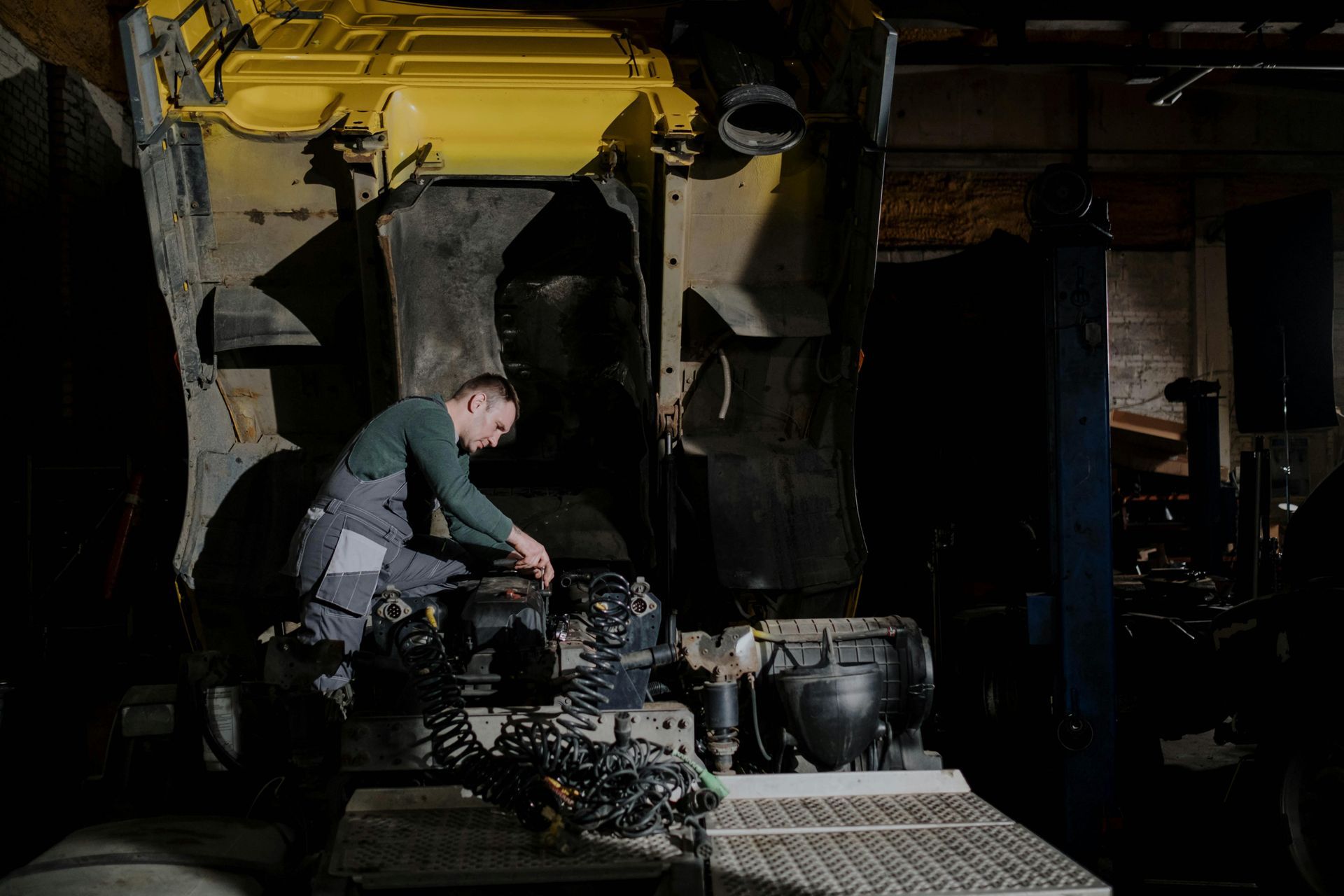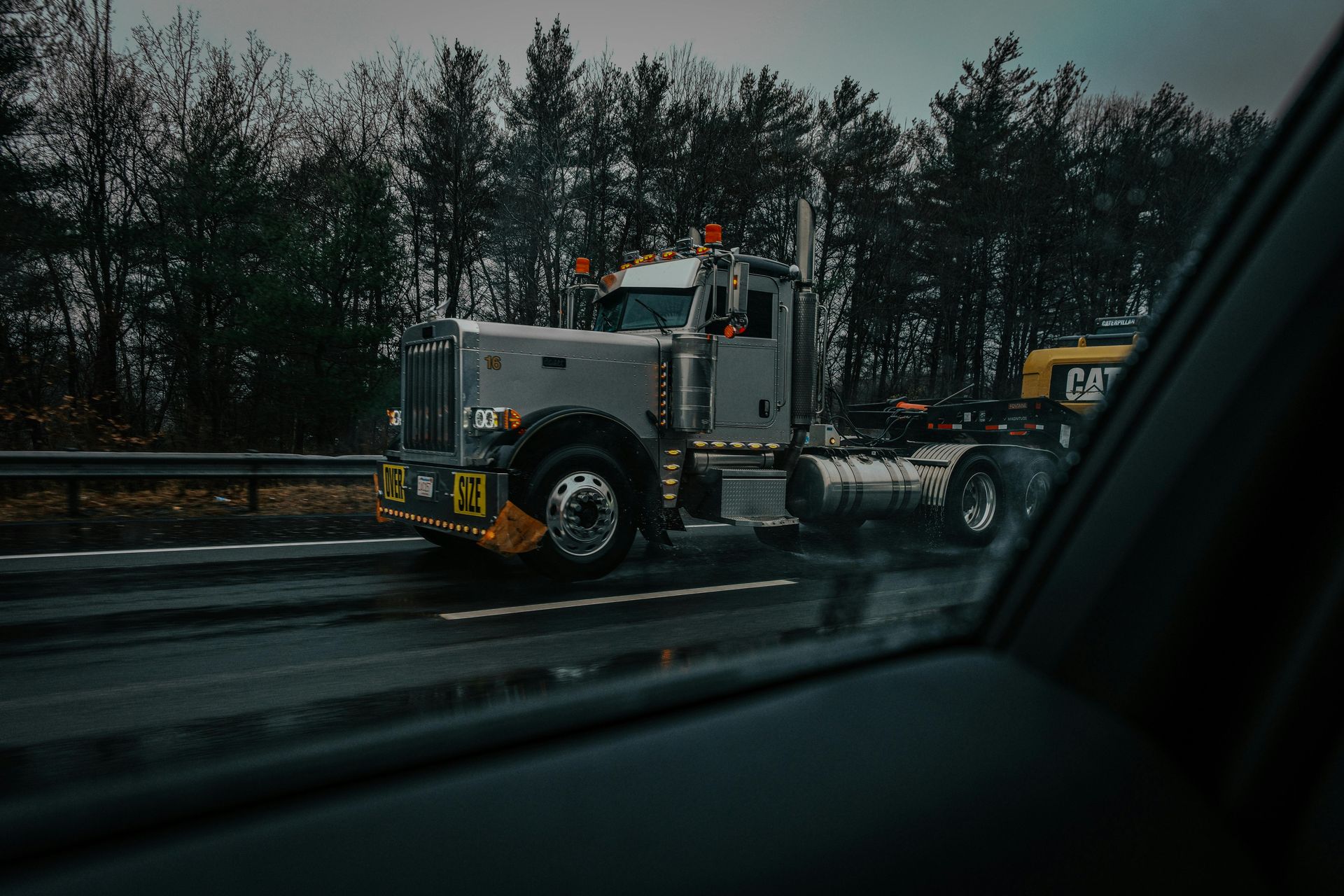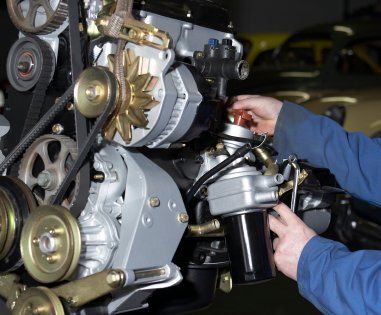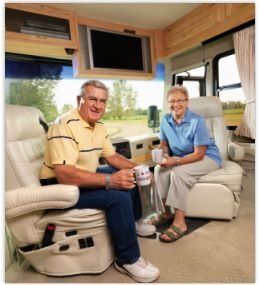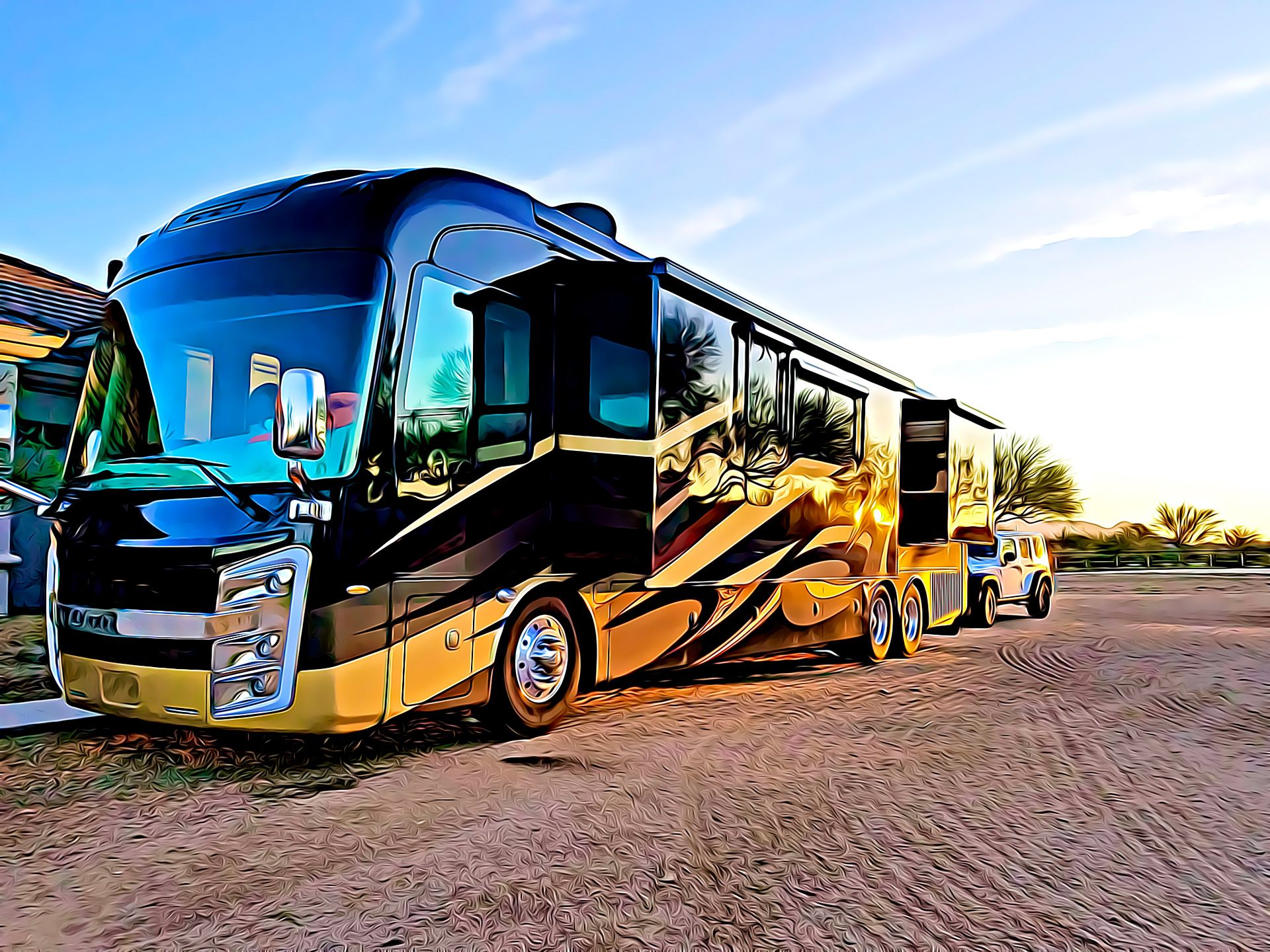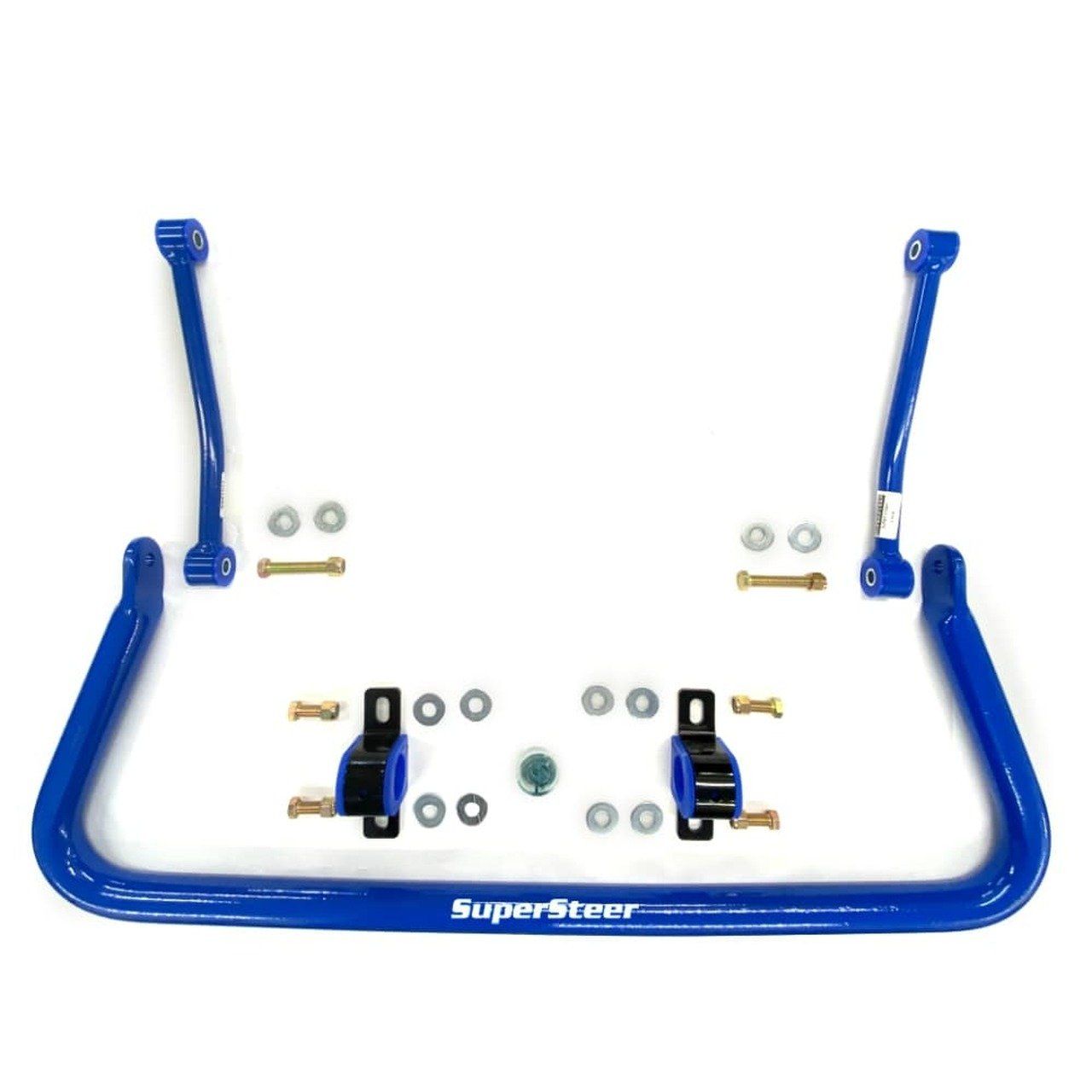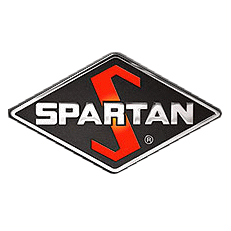How Motorhome Sway Control Keeps Your Vehicle in Line
Towing a trailer with your motorhome involves maintaining control, safety, and confidence behind the wheel. When you're hauling additional weight, especially across long distances or through unpredictable weather, stability becomes critical. One of the biggest challenges drivers face is trailer sway. Fortunately, motorhome sway control systems are designed to minimize this risk and keep your motorhome and trailer moving as one.
What Causes Trailer Sway?
Trailer sway occurs when the trailer starts moving side-to-side behind the towing vehicle. This motion can start small but quickly build into something dangerous, especially at highway speeds. Common triggers include crosswinds, uneven or damaged roads, low tire pressure, improper weight distribution, or sudden steering maneuvers.
When sway becomes severe, it compromises your ability to steer and react quickly, which puts you, your passengers, and other drivers at risk.
The Role of Sway Control Systems
Sway control devices are engineered to reduce this side-to-side motion. Most systems use friction-based mechanisms to resist the pivoting action between your trailer and the vehicle towing it. This added resistance helps the trailer track closely behind the vehicle instead of veering or fishtailing.
Friction sway control is particularly effective for small to mid-sized trailers, like utility trailers, travel trailers, and smaller boats. Typically mounted between the trailer frame and the hitch, sway control kits use tension to stabilize the trailer’s movement without interfering with normal turning or towing.
When Sway Control Makes the Biggest Impact
Not all roads or driving conditions are made equal. That’s why sway control proves its value in some very common scenarios:
- Strong crosswinds: A sudden gust of wind can push your trailer off track. Sway control resists this force, helping the trailer stay in line with your vehicle.
- Emergency maneuvers: Whether you're changing lanes quickly or swerving to avoid debris, sway control helps stabilize your trailer’s reaction, preventing excessive fishtailing.
- Rough or uneven roads: Gravel, potholes, or construction zones can jolt your trailer and trigger sway. A control system minimizes how those bumps translate into lateral motion.
Why Stability Matters
Without sway control, you're left to constantly correct your steering as your trailer reacts to every bump and breeze. This increases driver fatigue and stress and can be especially overwhelming on longer trips.
With sway control in place, your vehicle and trailer operate as a more cohesive unit. That translates into smoother handling, increased comfort, and most importantly, enhanced safety for everyone on the road.
Schedule a Service for Sway Control at Mainline RV & Truck Service!
At
Mainline RV & Truck Service, we know how important towing safety is. Whether you're heading out with your RV for the weekend or hauling a trailer for work, our team can help you choose and install the right sway control system. We carry trusted, durable sway control kits and provide expert installation to ensure everything works as it should.
Schedule your sway control service today and drive with confidence on every mile of the trip.


